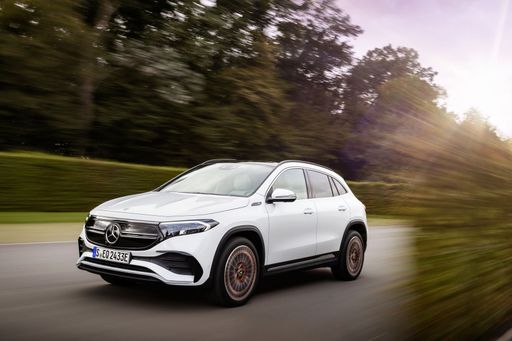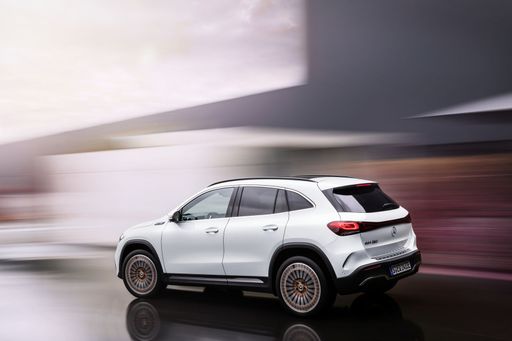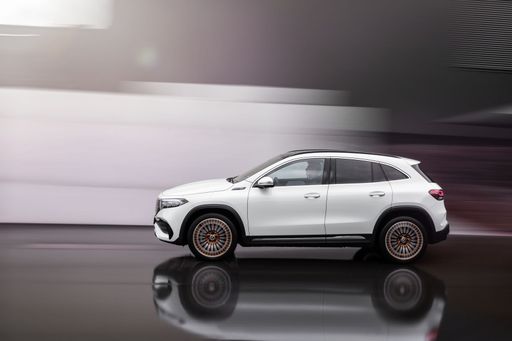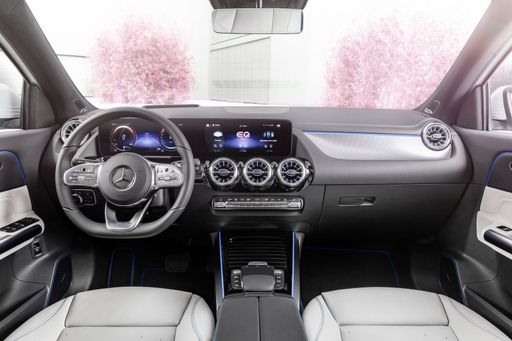Electric Warriors: Hyundai Kona vs. Mercedes EQA
In the evolving arena of electric SUVs, the Hyundai Kona and the Mercedes EQA are two contenders that stand out with their blend of style, performance, and innovation. Each caters to a distinct demographic, delivering unique features that suit both urban commutes and leisurely getaways. But how do these electric warriors stack up against each other in the key areas that matter? Let's delve into the specifics.








